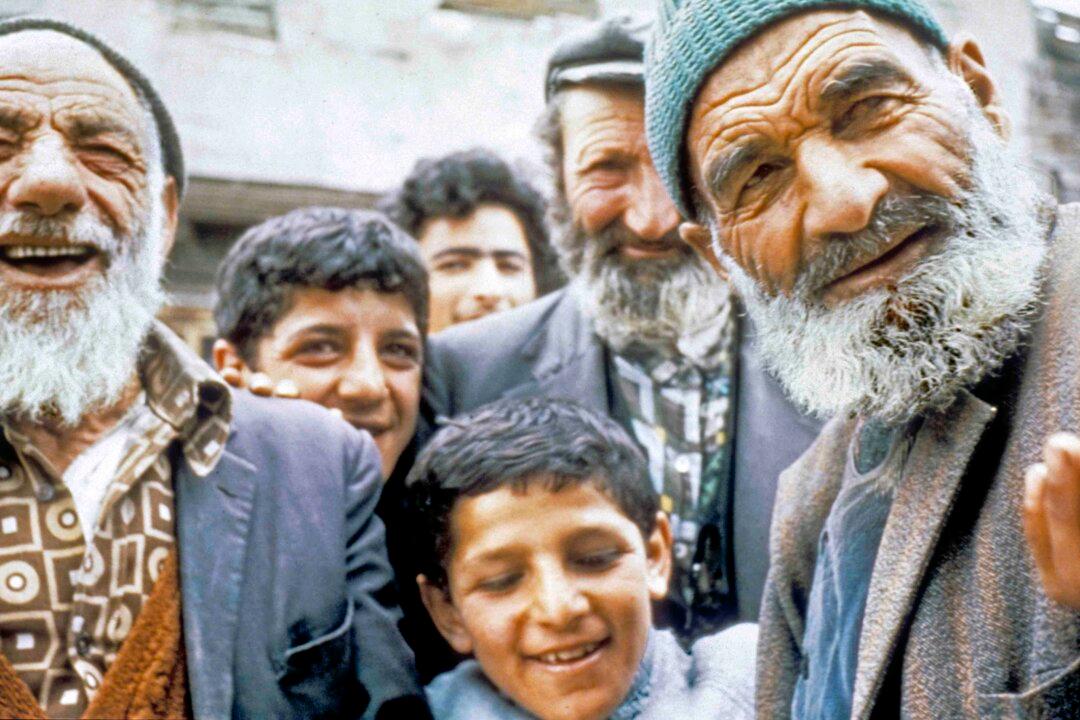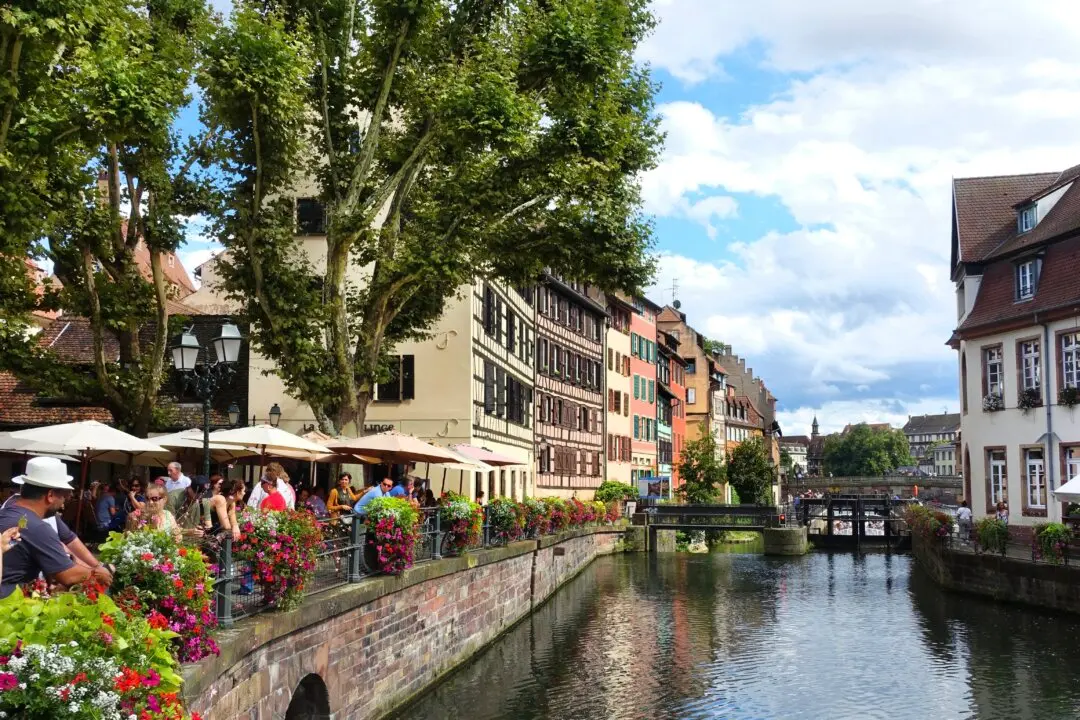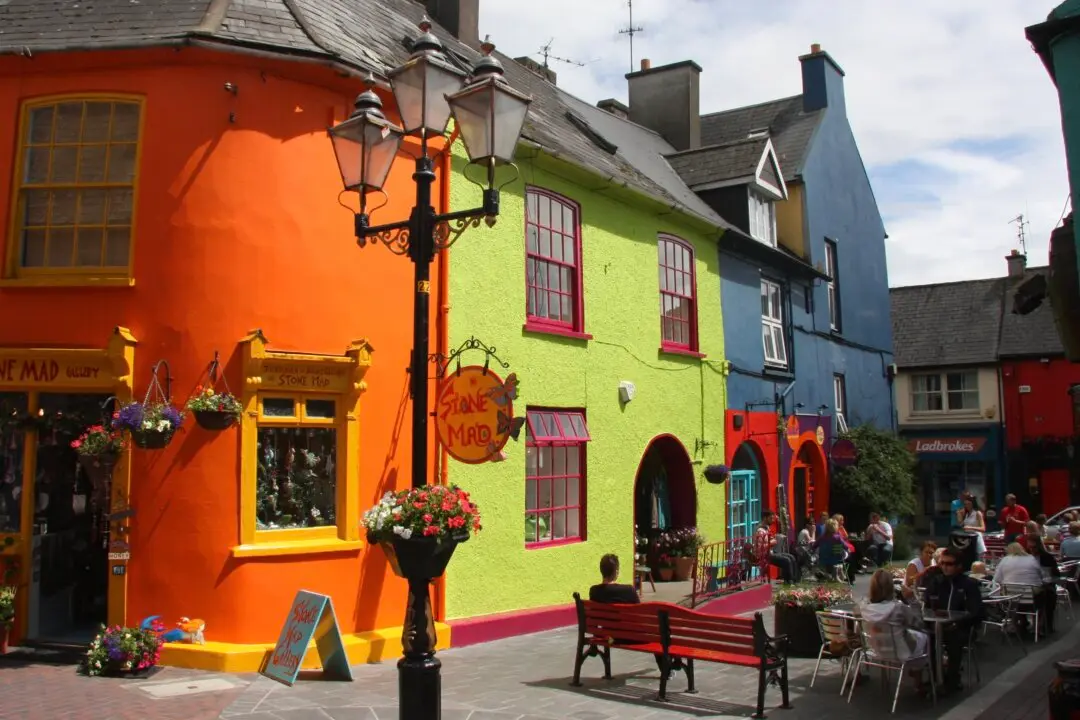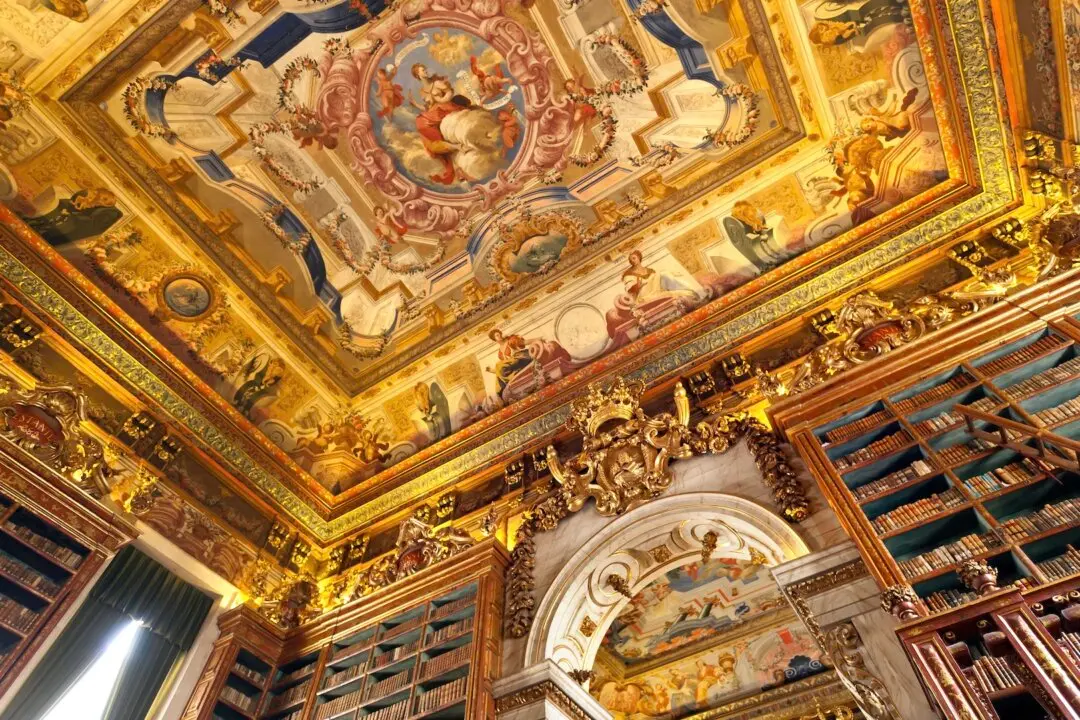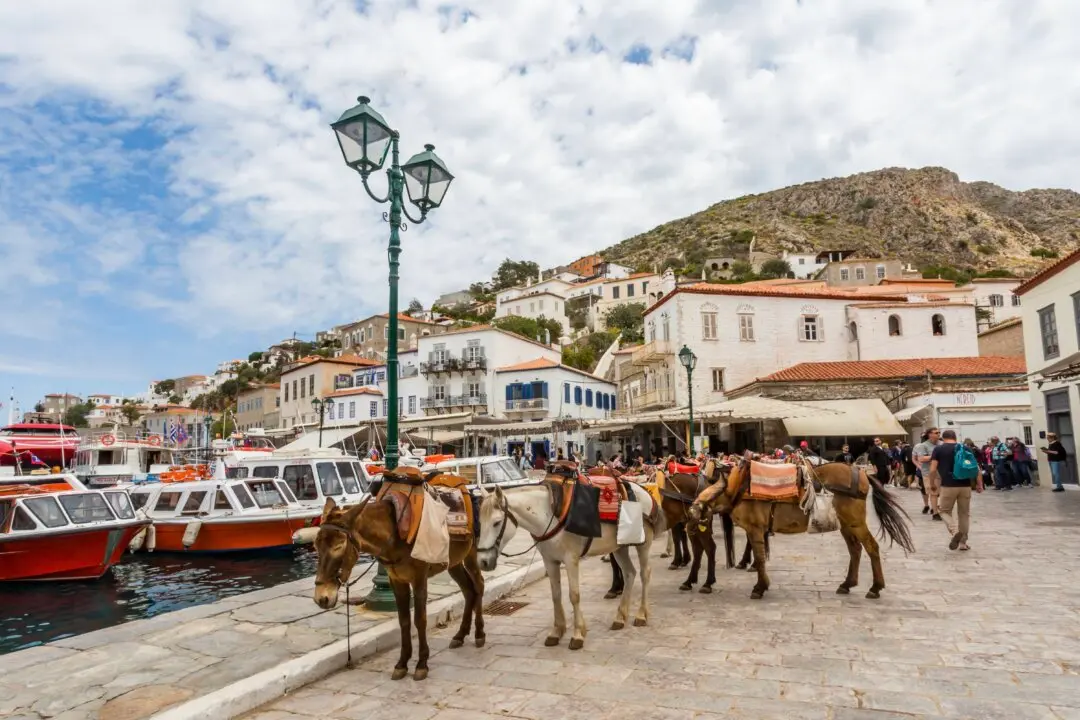I’m in Kastamonu, five hours northeast of the Turkish capital of Ankara. It’s a town that has yet to figure out the business of tourism. The business hotel where I’m staying is cheap and comfortable, but not slick. I hand a postcard to the boy at the desk, hoping he can mail it for me. He looks it over a couple of times on both sides, compliments me, and politely hands it back. As I leave, he raises his right hand and says, “Hello.”
While changing money, I’m spotted by the bank manager, who invites me into his office for tea. I am his first American customer, so he wants to celebrate.

